
The Morogoro rice story: Unlocking opportunity in Tanzania
Morogoro, Tanzania, is a bustling rice hub, exporting to the rest of the country. But smallholder rice farmers there can lose a lot of their yields. Explore what AKF and the EU are doing to help with this challenge.

Tanzania is a land of opportunity locked in poverty. This is caused in part by its own very nature and in part by circumstance. It is a beautiful country of tree-lined beaches and undulating hills, boasting the tallest mountain in Africa on its border with Kenya.
Framed by Lake Victoria in the north and the Indian Ocean on the east coast it has rich agricultural land, abundant water in parts and an assortment of climates. The people are friendly, welcoming and resilient. I always love being in Tanzania; it is very special.
Last December, I was again in Tanzania to participate in a two-day conference hosted by the government and the European Union, and then travel onwards with the local team to the project area where colleagues are working with rice farmers and other private sector actors in the rice value chain.
Morogoro is a bustling agricultural town and one of the two rice hubs in Tanzania. It is nestled beneath some hills about four hours west of Dar Es Salaam on the road to the Central African nations of Malawi and Zambia.
The Aga Khan Foundation (AKF) has worked in Tanzania for many years and the east coast of Africa is known by us as the Swahili Coast. With funding from various UK and European donors, AKF supports several projects there and although Morogoro is not right on the coast, its status as a rice-producing hub has given us cause to work here.
One thing we can do to support local families improve their wellbeing is to reduce the quite startling loss of rice after harvest. Traditional methods of harvesting and managing the crop afterwards have resulted in estimated losses of up to 40% which has a quite dramatic impact on local standards of living. Thus it is important to help local families improve their wellbeing by aiming to reduce these losses.
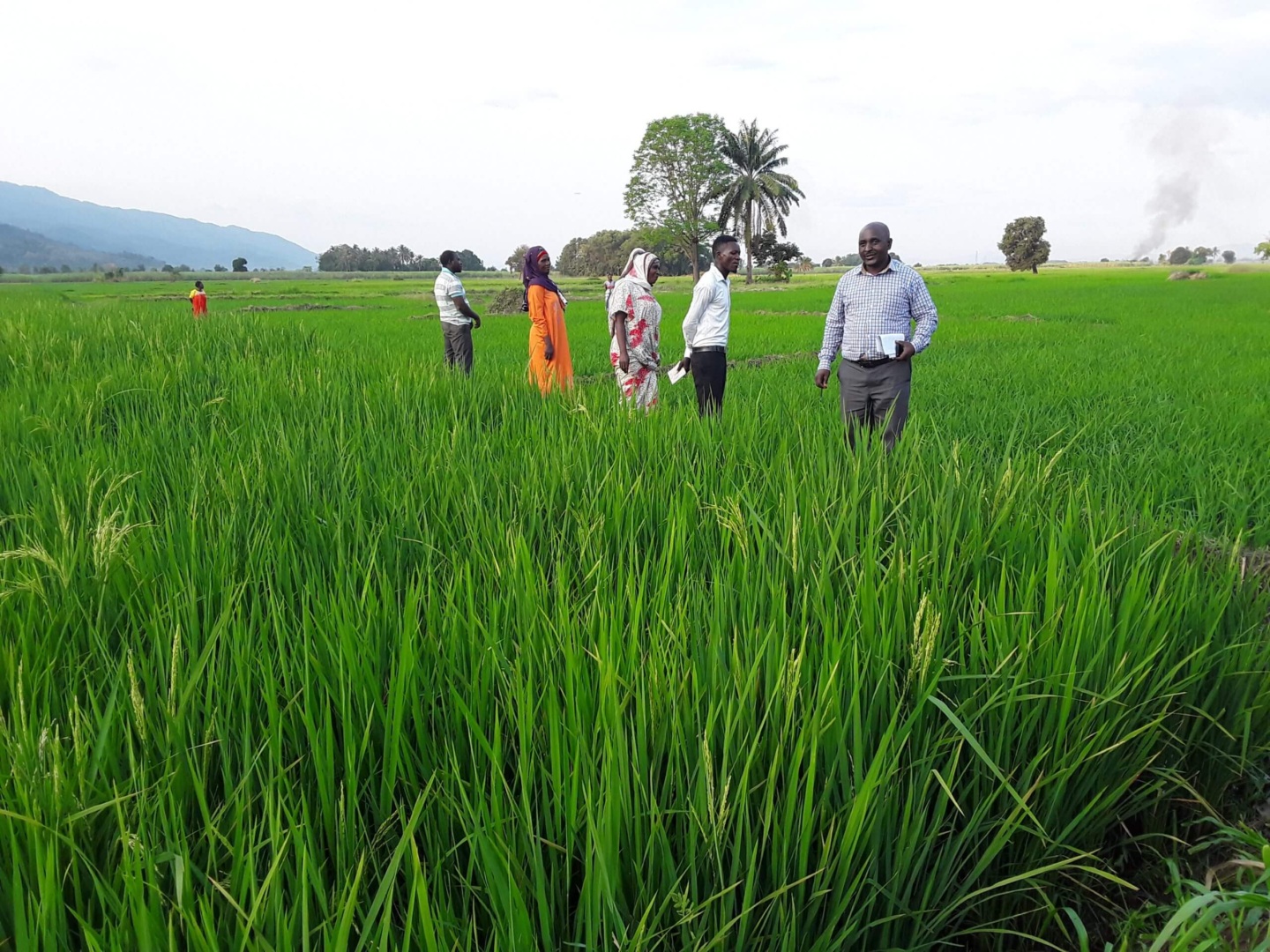
After the conference, where I met many people and learned a great deal about the current challenges of rice production, I set off with the AKF local team bound for a small town called Ifakara, some five hours south through the Udzungwa Mountains which is a National Park and one of the most beautiful landscapes in Africa.
Rolling hills look down on a plain full of busy villages and a huge watercolour sky stretches from horizon to horizon. I want to spend time with the team meeting farmers, millers, traders and others in the rice business so that I understand the project as well as I can.
In Tanzania small farmers produce approximately 1.5 tonnes of rice per hectare which is a full tonne less than the average in the rest of Africa and about three tonnes less per acre than in Asia.
On-farm research demonstrates that farmers can lose up to nearly half of their harvest between the time that they cut the rice to the moment they sell it or finally consume it. This happens because of the way they cut, dry, thresh, bag and store their rice as a result of generations of doing it the same way. This is why it is important to help small scale rice farmers to make the most of what they produce.
Whilst it is quite easy to offer help, it is not so easy to be helped if you are a farmer struggling to find the resources to buy good quality seed and pay for equipment and services to improve crop management practises and reduce losses.
Small farmers produce approximately 1.5 tonnes of rice per hectare which is a full tonne less than the average in the rest of Africa.
Accessing good quality agricultural inputs is difficult due to limited retailers stocking quality seeds, tools or other equipment. It is just as difficult to find someone who can help advise how best to use the products. Moreover, finding the money or trying to get a reasonable loan in order to make and pay for changes in farming systems is almost impossible, as small-scale farmers have no collateral and are considered high risk by banks and others lenders.
Improvements are also required so that farmers can safely store their harvest or access better milling services to develop the quality of the finished product. This is all quite a lot to take in for small-scale farmers and represents a palpable financial risk for them. However, this is what the AKF-EU rice programme aims to help with – working with 4,000 farmers as well as millers, warehouse managers, harvesting and threshing contractors, and others.
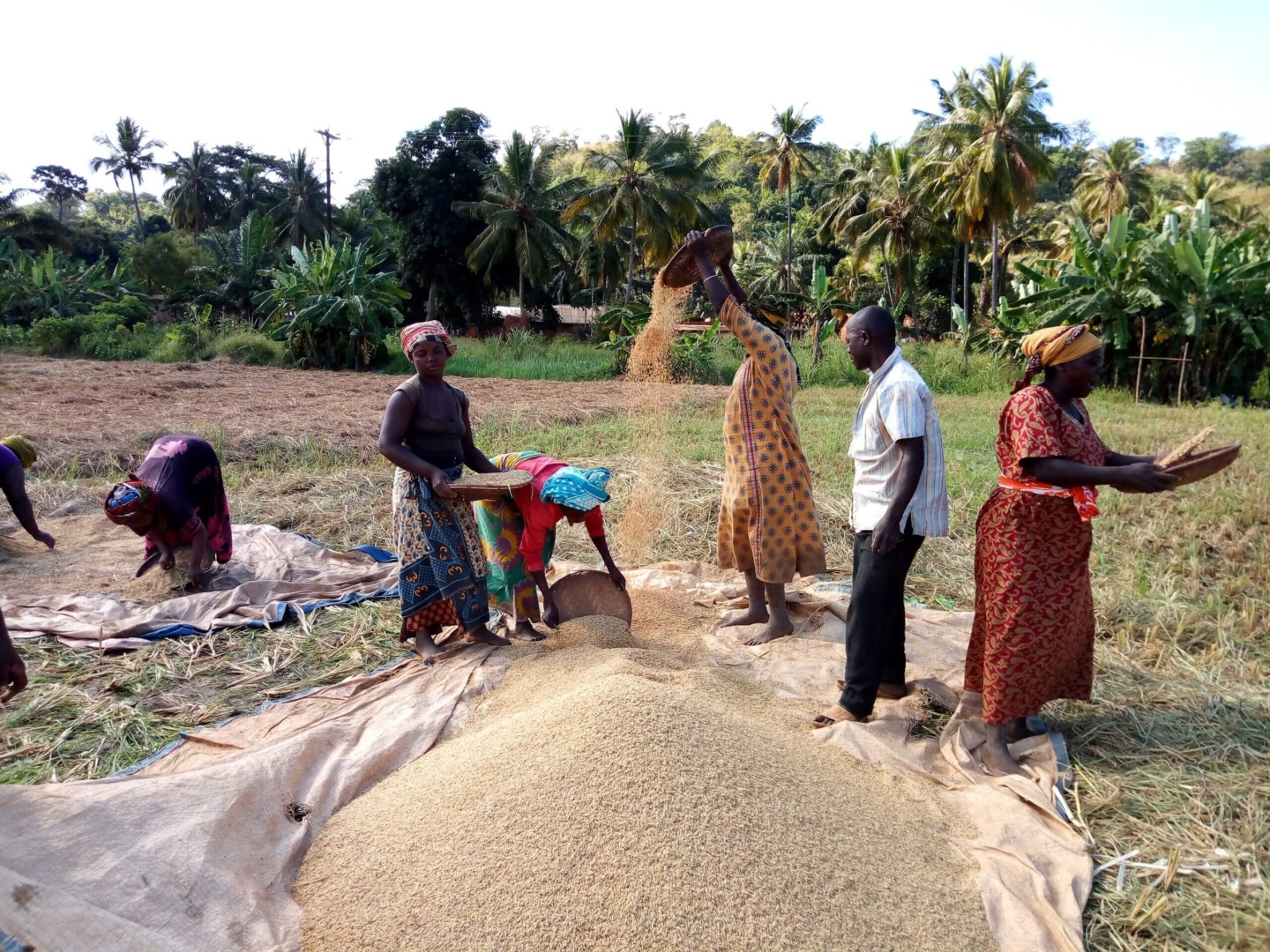
AKF and the EU are currently halfway through a four-year project and we have achieved a lot but some difficult challenges remain to be resolved. Affecting change in rural Africa requires patience and an innate understanding of how people think and work. Our AKF team are all local and know the business well; they are well positioned to meet these challenges.
An example of why farmers work with AKF and how we work with farmers is demonstrated here by Mrs Alexia Nyoni, a mother of five children and who has worked with AKF for the best part of the last year. She faces the typical challenges of rice farmers: losing significant volumes of rice between harvest and sale or consumption.
Affecting change in rural Africa requires patience and an innate understanding of how people think and work.
Mrs Nyoni participates in this programme to provide her family with a better quality of life by becoming better at the business of farming. Supported by the programme, she has become a lead farmer and provides help and guidance to other farmers in her village via one-on-one assistance, as well as working closely with farmers in a group.
It is people like Mrs Nyoni who provide the programme with the means and the local ambition to change people’s lives for the better.
AKF, with its partners, are now developing a Morogoro Rice brand that will be used for marketing both domestically and, in the end, internationally. Making the link between local people and national and international markets may be one of the key elements of this project that will help bring about lasting change.
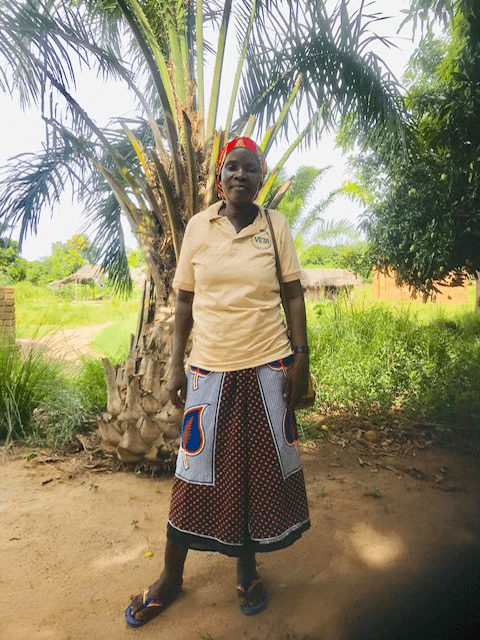
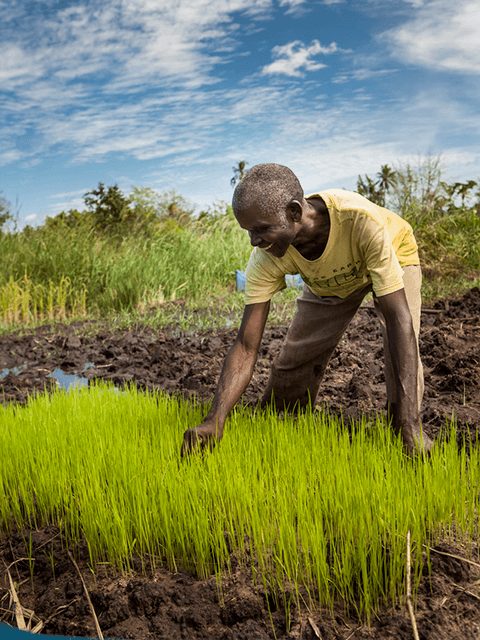
Written by Patrick Sayer
In 2018, AKF Tanzania with support from the European Union launched a Tsh 4.1bn rice project in Morogoro Region, Tanzania. Working with the Rice Council of Tanzania (RCT), the four-year project is dubbed ‘Enhancing Competitiveness of Smallholder Rice Farmers in Morogoro’ and aims to strengthen the capacity of smallholder farmers and value chain actors in the rice sector.
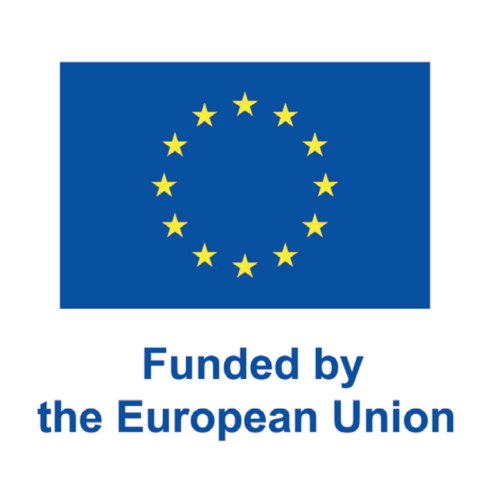
Related News & Stories


Photo essay: Meet the community leaders breaking cycles of harm in Tanzania
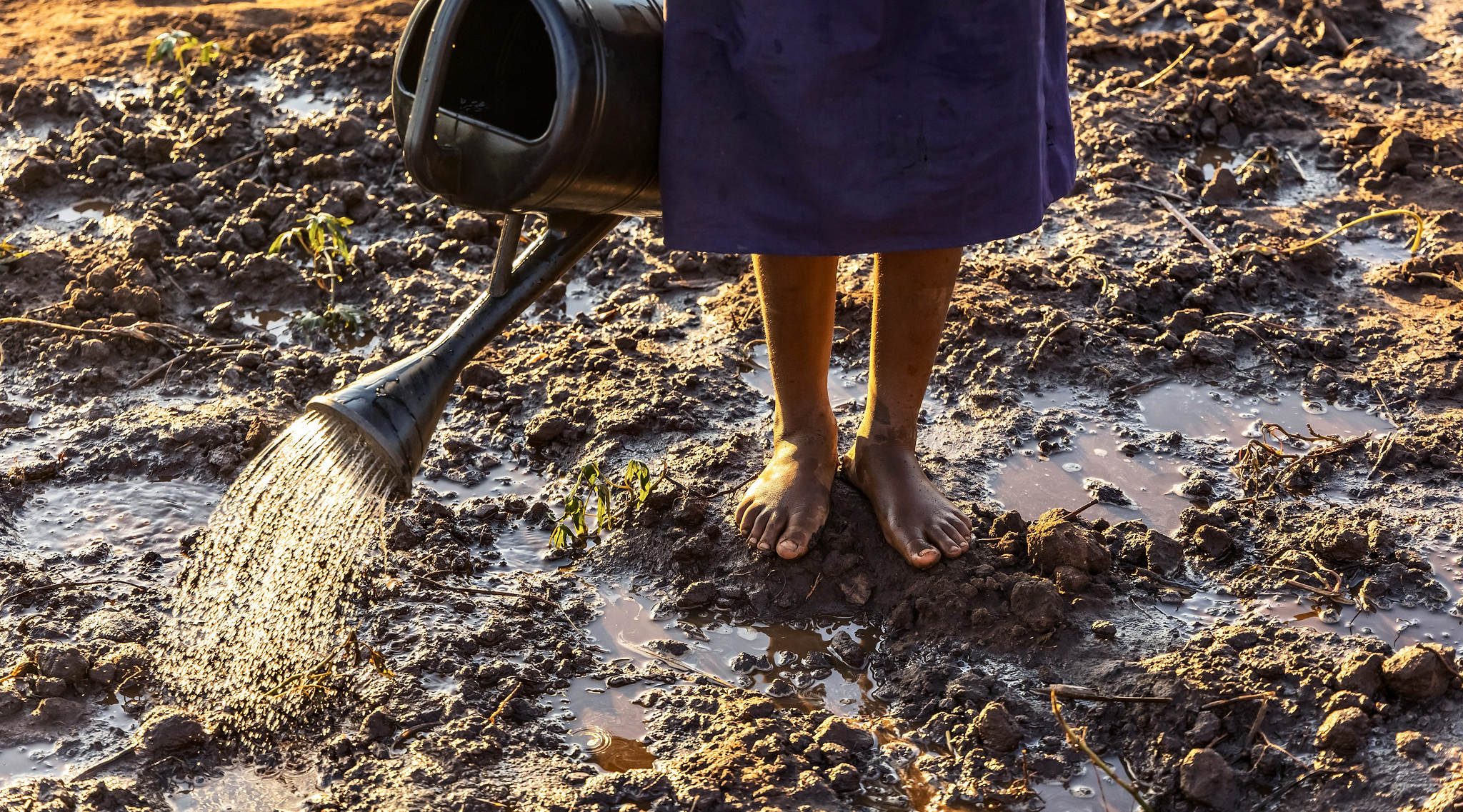
Photo essay: A tale of two school gardens in Tanzania
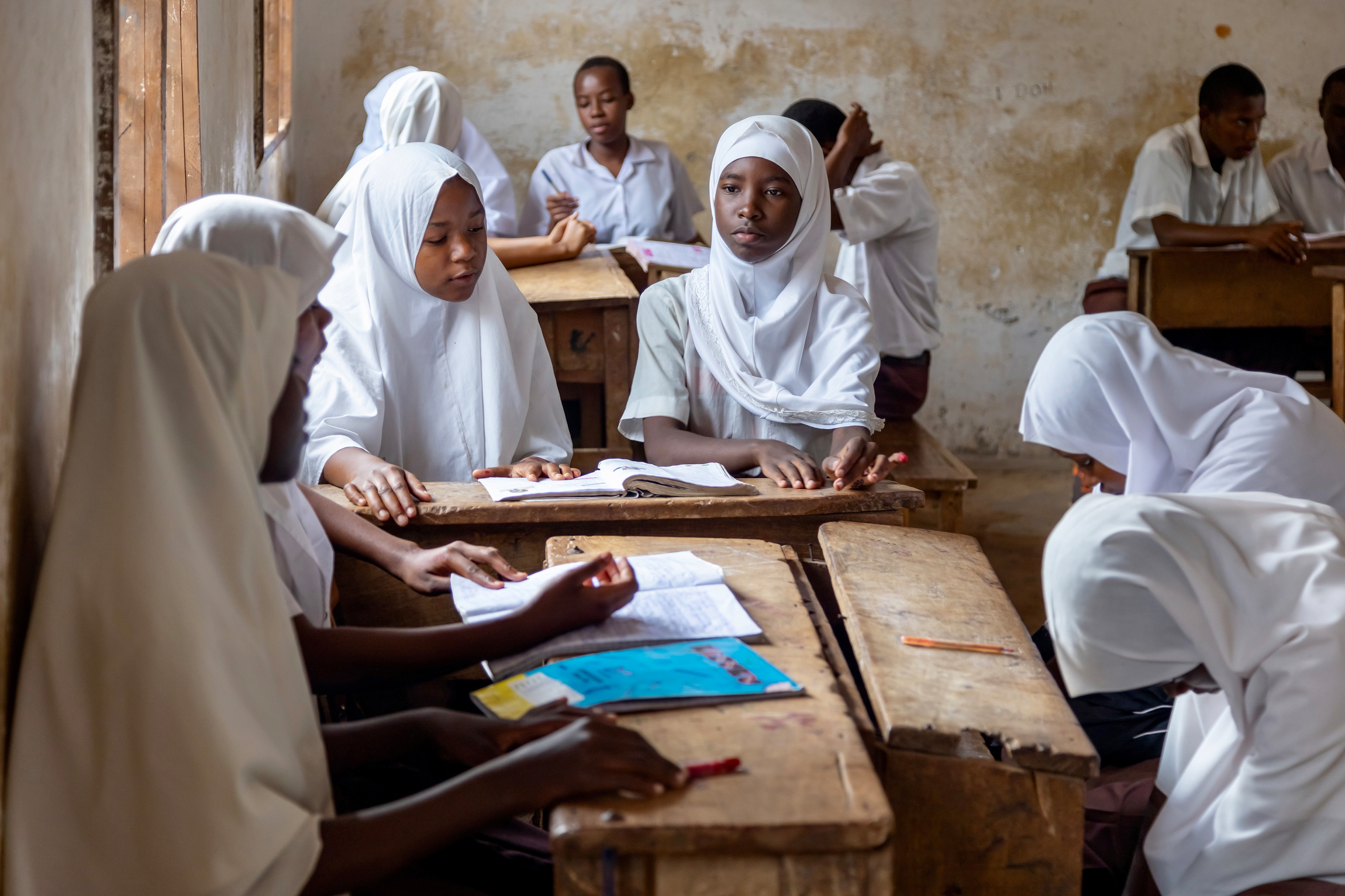
Teaching the watershed generation: How educators in Africa can shape the continent’s future
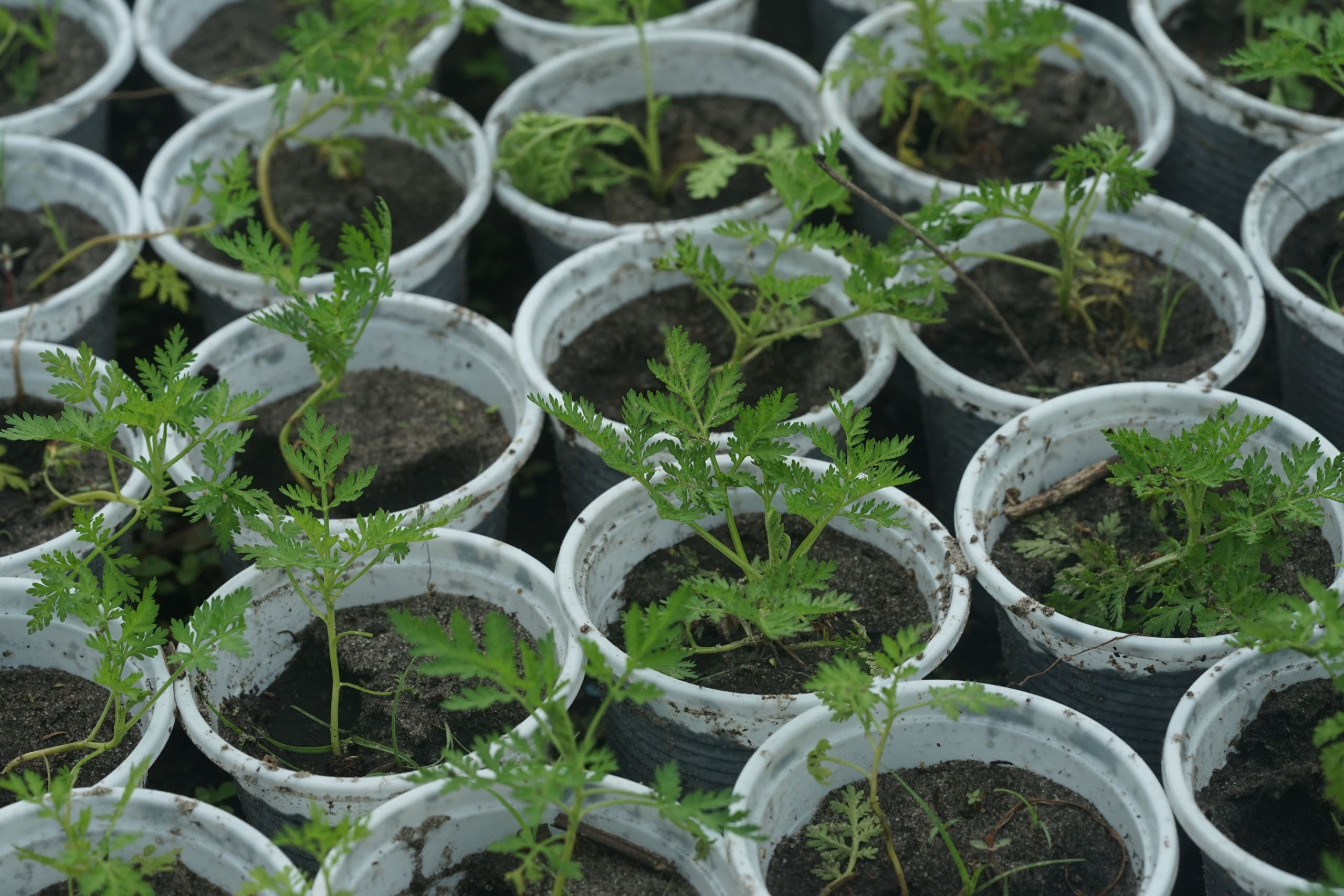
AKF and AKU to host the world’s first International Symposium on Artemisia

The Indian Ocean: How can coastal communities adapt to a rapidly changing environment?
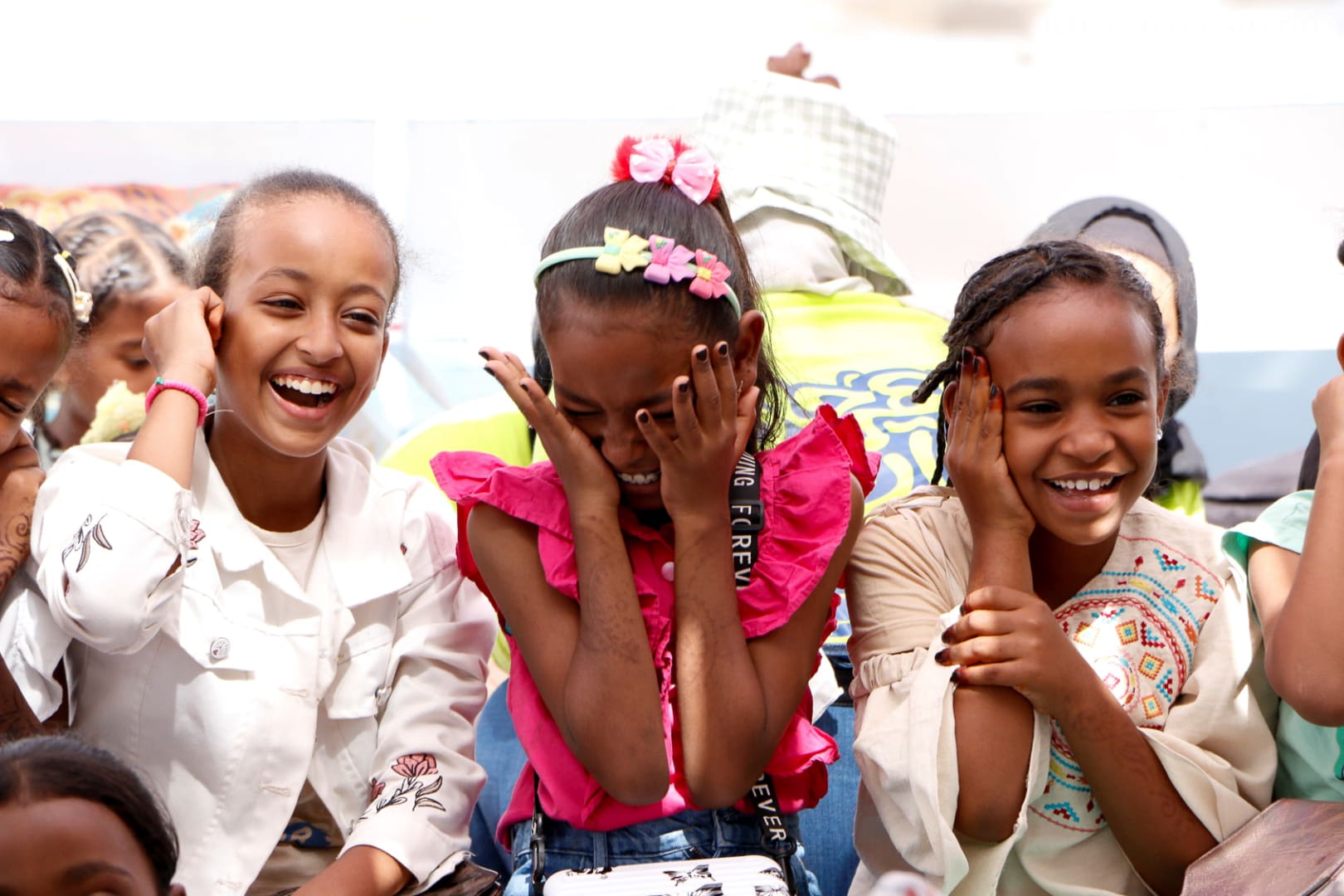
Support our work Your donations are helping us build a future where we all thrive together.